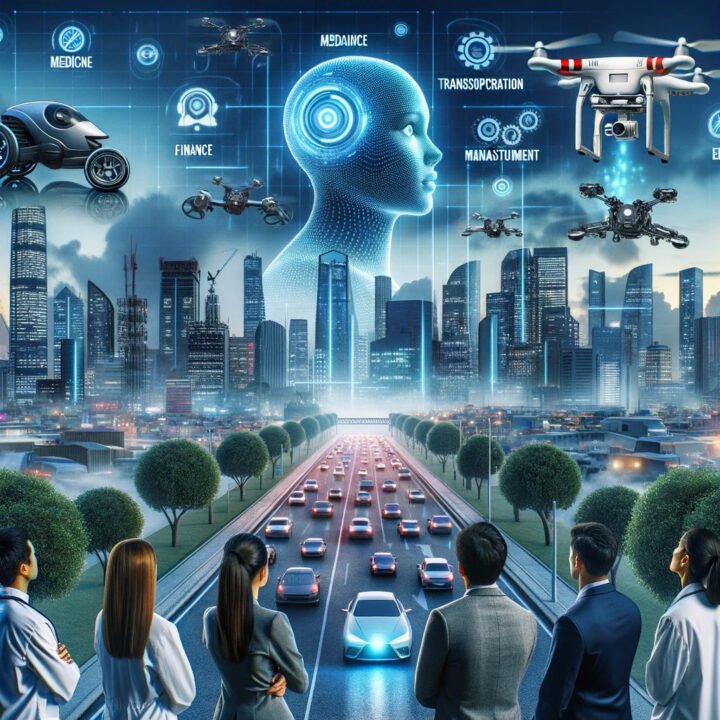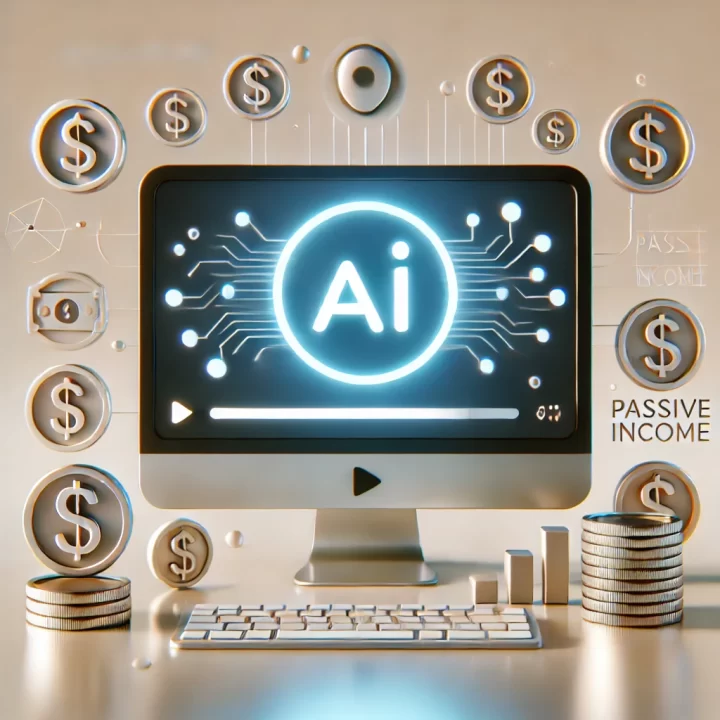AI Revolution: Discover the 10 Industries Most Prone to Automation
Data Entry and Processing:
- AI and machine learning algorithms can automate the task of entering, processing, and categorizing data. For instance, AI can automatically enter data from scanned documents into a database, or sort through large datasets to identify and correct errors more quickly than a human could.
Customer Service:
- AI-powered chatbots and virtual assistants can handle a multitude of customer inquiries without human intervention. For example, chatbots on websites can answer frequently asked questions, guide users through troubleshooting steps, or help customers with order tracking.
Retail:
- In the retail sector, AI can be used for various purposes such as inventory management, pricing optimization, and self-checkout systems. For instance, Amazon’s cashier-less stores use AI to track purchases and charge customers, eliminating the need for human cashiers.
Manufacturing:
- Manufacturing processes can be streamlined with the help of AI and robotics. For example, robots can handle repetitive assembly line tasks, while AI can optimize production schedules and monitor quality control.
Transportation and Delivery:
- Autonomous vehicles and drones are being developed and deployed for transportation and delivery purposes. For instance, companies like Waymo and Tesla are working on autonomous vehicles, while Amazon is developing drone delivery systems.
Maintenance and Inspection:
- AI can be used for predictive maintenance to foresee and prevent equipment failures. Moreover, drones and robots equipped with cameras and sensors can inspect infrastructure such as bridges or pipelines for damage, often more quickly and safely than human inspectors.
Agriculture:
- In agriculture, AI-powered machinery can automate tasks like planting, watering, harvesting, and monitoring crop health. For example, autonomous tractors can follow pre-programmed paths, and drones can monitor crop conditions from the air.
Construction:
- In the construction sector, AI can be used for planning, monitoring, and automating various tasks. For instance, drones can monitor construction sites for progress and safety compliance, while autonomous machinery can perform excavation or material transportation tasks.
Telemarketing:
- AI can manage scripted calls and handle basic customer interactions in telemarketing. For example, AI can follow a script to inform customers about new offers, or gather feedback through automated surveys.
Security Surveillance:
- AI can monitor multiple video feeds and other security systems simultaneously, using machine learning to identify unusual activity or potential threats. For instance, AI can detect unauthorized access to restricted areas or identify suspicious behavior in real-time, alerting human security personnel when necessary.
In all these fields, the application of AI can lead to increased efficiency, cost reduction, and sometimes improved safety. However, the potential loss of jobs and the need for human oversight and intervention in complex or unexpected situations are important considerations in the ongoing deployment of AI technologies.










